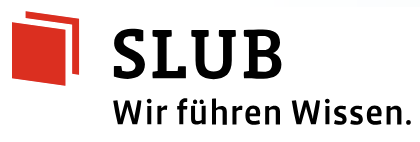Auswirkungen produktionsorientierter Interventionsphasen im Musikunterricht auf die Entwicklung von Musikalischem Selbstkonzept, Musikalischer Erfahrenheit und Interesse am Schulfach Musik.
Eine empirische Längsschnittuntersuchung von Schülerinnen und Schülern in den Sekundarstufen an allgemeinbildenden Schulen in Baden-Württemberg
DOI:
https://doi.org/10.62563/bem.v2018149Schlagworte:
Produktionsorientierte Interventionsphasen, Musikalisches Selbstkonzept, Musikalische Erfahrenheit, Fachinteresse, LängsschnittstudienAbstract
Trajectories of musical development can be very different across adolescence and the causes leading to these differences are often the focus of research in music education. The aim of this repeated-measurement study with three different time-points in the school year 2014/2015 is to analyse how production-oriented music teaching interventions contribute to the development of the psychometric constructs musical self-concept, musical sophistication, and interest in ‘music’ as a school subject. Data of 334 students are presented. The data comprised the self-assessed psychometric constructs musical self-concept (MUSCI) and musical sophistication (Gold-MSI) as well as demographic and music-specific background variables. The data were analysed using multilevel linear models and panel data analyses. The results show that there is no (direct) effect of production-oriented music teaching interventions (about 10 double-lessons) on the assessed psychometric constructs, but there is an indirect effect on the Gold-MSI subscale emotions. Hence, this study makes an important contribution to the understanding of the reasons of musical development during adolescence, and of the effects of production-oriented teaching units in the school subject in general.
Downloads
Veröffentlicht
Zitationsvorschlag
Ausgabe
Rubrik
Lizenz
Beiträge empirischer Musikpädagogik (b:em) erscheint als open access-Online-Journal. Alle Artikel sind online frei und kostenlos zugänglich, es fallen keine Publikationsgebühren an (Diamond Open Access). Die Standard-Lizensierung der Beiträge erfolgt als CC BY-NC 4.0 (Creative Commons Attribution-Non Commercial 4.0 International (CC BY-NC 4.0))


